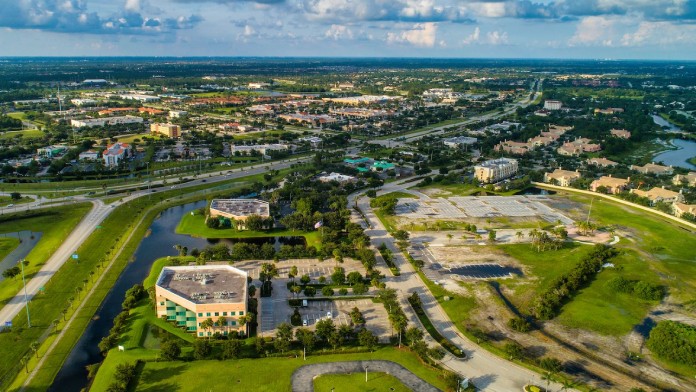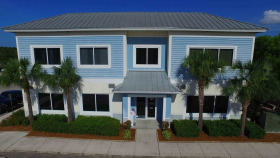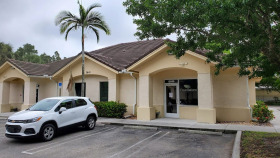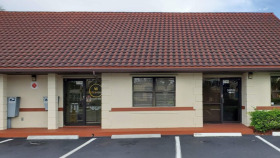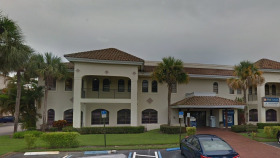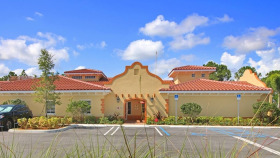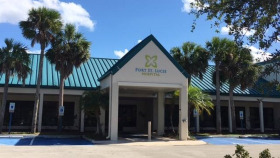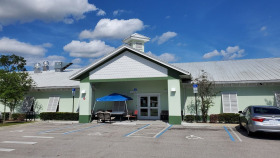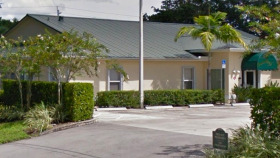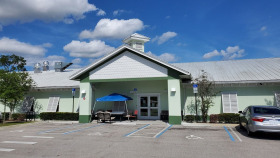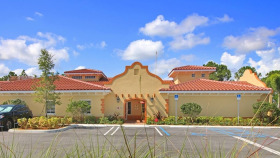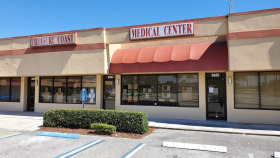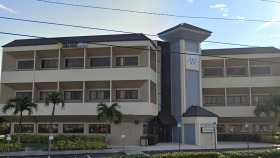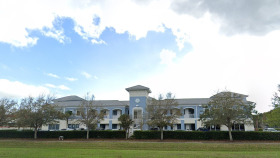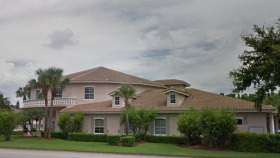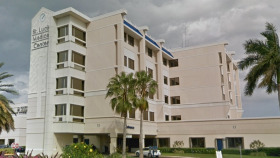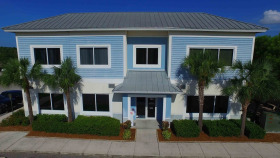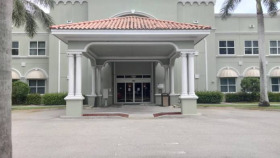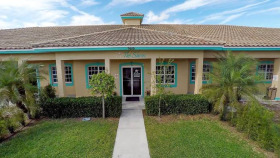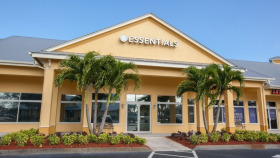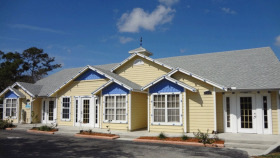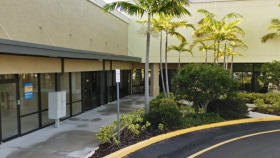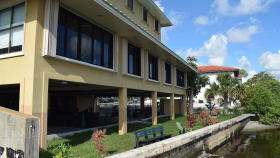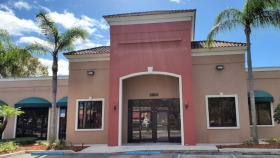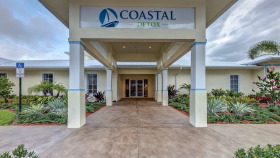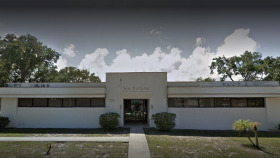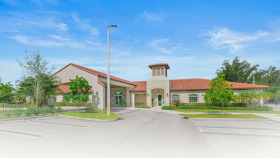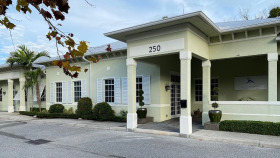Expert Insights
I was disheartened to learn that of the 23 million people impacted by addiction, 32 percent are mothers. It’s tragic to me that these moms are put through the court system instead of being given access to life-saving treatment that will better their lives and their families. Then I learned about a new fundraising and awareness campaign launched in Port Saint Lucie called Forgotten Moms. The campaign hopes to create more awareness about the issues affecting mothers and to raise money for sorely lacking treatment resources. I think this is a brilliant idea as it will not only support struggling moms but improve their health outcomes and their children. I believe that we need to do everything we can to help moms who have so much on their plate already, never mind struggling with a mental health condition.
~ Olivia Pennelle
How Expensive is Drug Rehab in Port St. Lucie?
According to the National Institute on Drug Abuse, substance abuse costs the U.S. $600 billion a year.6 And this number doesn’t include the incalculable cost of broken relationships and drug-related deaths. The cost of rehabilitation is certainly less than the cost of not treating an SUD.6
Among rehabs, costs vary based on several factors:
Inpatient vs. outpatient treatment
Standard vs. luxury or executive
Length of treatment
Your insurance coverage
Whether the facility receives government funding
Location—beachfront vs. city vs. rural
If you have private or military insurance, Medicare, or Medicaid, your out-of-pocket expense will likely be less. You can verify what your insurance plan covers to find out what deductibles and copays you’ll be responsible for.
If you don’t have health insurance, rehabs can work with you to finance your treatment. Some offer care for low or no cost.
Are There Low-Cost and Free Drug Rehab Centers in Port St. Lucie?
About one in five people say the lack of health insurance or the cost of rehab is a barrier to entering alcohol or drug rehab.7 Fortunately, cost doesn’t have to come between you and lasting recovery.
Some alcohol and drug rehabs receive money from state and federal grants. In 2022, Florida received more than $32 million in grants for the treatment of SUDs.8 Facilities that receive grants offer low-cost or free treatment to people who can’t afford to pay for it or don’t have health insurance.
How Does Port St. Lucie Compare in Alcohol and Drug Use?
Port St. Lucie is a community near southern Florida’s Treasure Coast, about 115 miles north of Miami. Along with easy access to beaches, the community has lakes, nature preserves, golf, and baseball.1 Port St. Lucie is also home to several treatment facilities where you can begin your recovery journey. Whether you are looking for yourself or a loved one, there are over 50 accredited alcohol or drug rehab centers in Port St. Lucie.
In 2020, a drug and alcohol use survey interviewed Florida residents 18 years old and older about alcohol and substance use:2
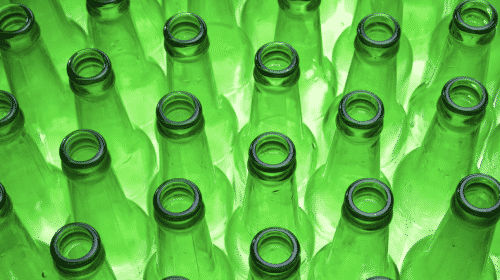
A total of 1,638,000 residents reported having an alcohol use disorder.
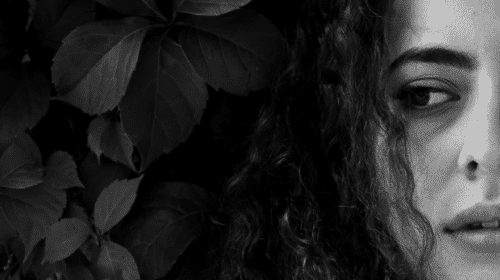
A total of 2,541,000 residents reported having a substance use disorder (SUD).
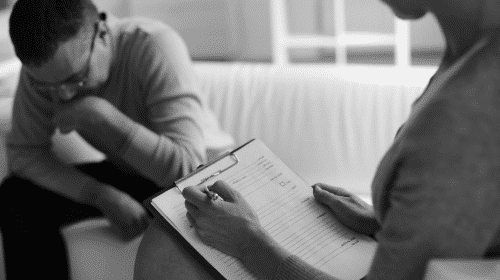
About one in eight adults in Florida had a substance use disorder.
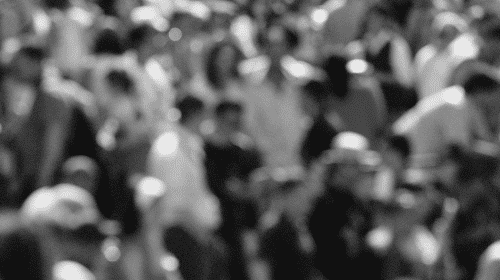
Approximately one in 12 Florida residents had an alcohol use disorder.
Fewer than 3% of people needing treatment for a SUD received treatment at a specialized facility (hospital, residential, or outpatient) in Florida in 2020. Florida’s treatment rates for alcohol use disorder the same year were only slightly better. Eight percent of people received care at an alcohol rehab facility.2
Also, in 2020, drug use in St. Lucie County, which includes Port St. Lucie, resulted in:3
A total of 79 St. Lucie County residents died from drug overdoses.
Emergency medical personnel administered 317 doses of naloxone to opioid overdose victims.
There were 32 doses of naloxone given before emergency personnel arrived on the scene.
Drug and Alcohol Laws in Port St. Lucie
The Good Samaritan Overdose Prevention Law: If you have overdosed or suspect someone else has overdosed from drugs or alcohol, please call 911 immediately. Under the Good Samaritan Overdose Prevention Law, you won’t be arrested, charged, prosecuted, or penalized for having drugs or drug paraphernalia at the time of the overdose.35
Family and Medical Leave Act: If you have overdosed or suspect someone else has overdosed from drugs or alcohol, please call 911 immediately. Under the Good Samaritan Overdose Prevention Law, you won’t be arrested, charged, prosecuted, or penalized for having drugs or drug paraphernalia at the time of the overdose.35
Drug Courts: St. Lucie County’s drug courts include felony drug courts, misdemeanor drug courts, juvenile drug courts, veterans drug courts, and mental health courts. First-time offenders arrested for a qualifying drug charge may receive treatment rather than punishment. After successful completion of the alcohol or drug rehab, your sentence may be dropped.37
Marchman Act: The Marchman Act covers SUD prevention, intervention, and treatment, including involuntary admission to rehab if needed. The intention is to have people enter treatment in community-based, not-for-profit programs rather than courts and correctional facilities.38
When you are ready to begin your journey to lasting recovery, call
800-681-1058
(Sponsored)
to get help today.
Resources
- Visit St. Lucie, Florida. (2022). Port St. Lucie.
- Substance Abuse and Mental Health Services Administration. (2021, December 13). 2019-2020 National Survey on Drug Use and Health State Specific Tables.
- Florida Department of Health. (2022). Substance Use Dashboard.
- Lucie County. (2018). Legislative Program.
- National Sheriff’s Association. (2017). Law Enforcement and Purdue Pharma: Saving Lives.
- National Institute on Drug Abuse. (2018). Principles of Drug addiction Treatment: A Research-Based Guide (Third Edition): Is drug addiction treatment worth the cost?
- Substance Abuse and Mental Health Services Administration. (2021). Key Substance Use and Mental Health Indicators in the United States: Results from the 2020 National Survey on Drug Use and Health.
- Substance Abuse and Mental Health Services Administration. (2022). Grant Awards by State: Florida FY 2022.
- Abraham, A. J., Andrews, C. M., Grogan, C. M., D’Aunno, T., Humphreys, K. N., Pollack, H. A., & Friedmann, P. D. (2017). The Affordable Care Act transformation of substance use disorder treatment. American journal of public health, 107(1), 31–32.
- Healthcare.gov. (n.d.) Mental Health and Substance Abuse Coverage.
- Centers for Medicare & Medicaid Services. (n.d.) The Mental Health Parity and Addiction Equity Act.
- Agency for Healthcare Administration. (2022, May 31). Number of Medicaid Eligibles Report by Age by County.
- Florida Department of Children and Families. (n.d.). Office of Economic Self Sufficiency: Medicaid
- Florida Department of Children and Families. (n.d.). Family-Related Medicaid Program Fact Sheet.
- Medicare.gov. (n.d.). Mental health care (inpatient).
- CMS.gov. (2022). 2022 Medicare Parts A & B Premiums and Deductibles/2022 Medicare Part D Income-Related Monthly Adjustment Amounts.
- Medicare.gov. (2022). What’s Medicare Supplement Insurance? (Medigap)
- AP News. (2020, September 17). Reviewing Florida Blue (BCBS) insurance vs Cigna vs Ambetter vs Bright Health: Reviews of Best affordable Health/medical insurance companies & plans in Florida.
- Florida Blue. (2022). Transparency in Coverage.
- Substance Abuse and Mental Health Services Administration. (2014). What is Substance Abuse Treatment?
- National Institute on Drug Abuse. (2019) Treatment Approaches for Drug Addiction DrugFacts.
- National Institute on Drug Abuse. (2020, June 3). Principles of Drug addiction Treatment: A Research-Based Guide (Third Edition): Types of Treatment Programs.
- National Institute on Drug Abuse. (2020, September 18). Principles of Drug Abuse Treatment: A Research-Based Guide (Third Edition) Principles of Effective Treatment.
- Zgierska, A., Burzinksi, C. (2016). Substance Use Disorder Treatment — Complementary Approaches: clinical tool.
- Substance Abuse and Mental Health Services Administration. (2020). Key Substance Use and Mental Health Indicators in the United States: Results from the 2020 National Survey on Drug Use and Health.
- Substance Abuse and Mental Health Services Administration. (2005). Substance Abuse Treatment for Persons with Co-Occurring Disorders
- Substance Abuse and Mental Health Services Administration. (2022, June 10). Medication-Assisted Treatment
- Substance Abuse and Mental Health Services Administration. (2022, April 13). Methadone.
- National Alliance on Mental Illness. (2021, April 21). Buprenorphine/Naloxone (Suboxone)
- Substance Abuse and Mental Health Services Administration. (2022). Buprenorphine.
- National Alliance on Mental Illness. (2021). Naltrexone (ReVia).
- Substance Abuse and Mental Health Services Administration. (2021). Medications for Opioid Use Disorders.
- Substance Abuse and Mental Health Services Administration. (2015). Medication for the Treatment of Alcohol Use Disorder: A Brief Guide.
- National Alliance on Mental Illness. (2021). Acamprosate (Campral)
- The Florida Legislature. (2021). Drug Abuse Prevention and Control.
- U.S. Department of Labor. (n.d.) Family and Medical Leave Act.
- Nineteenth Judicial Circuit. (n.d.) Drug Court.
- Duchene, D., Lane, P. (2022). Fundamentals of the Marchman Act. State University Systems of Florida.

